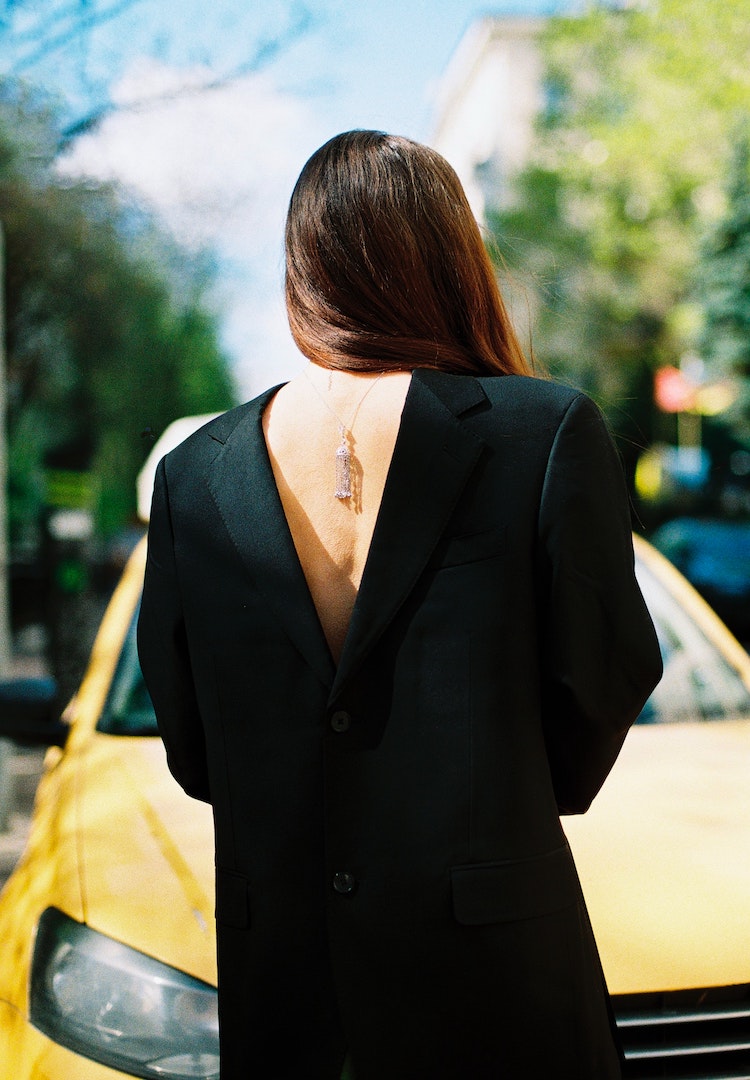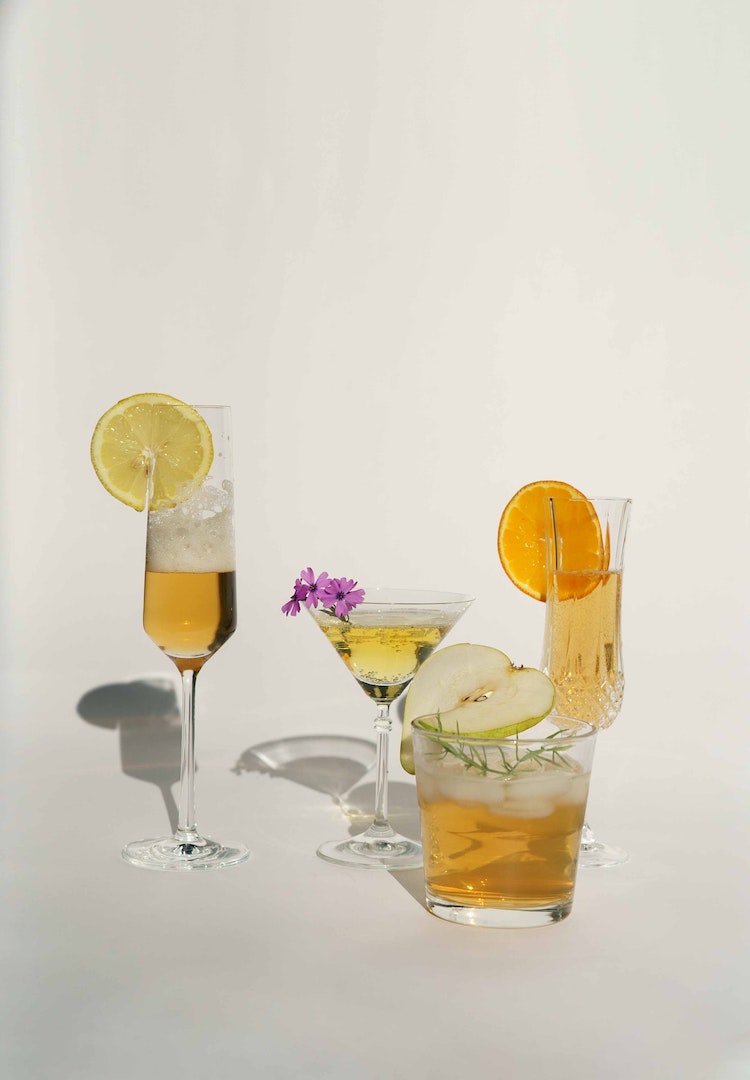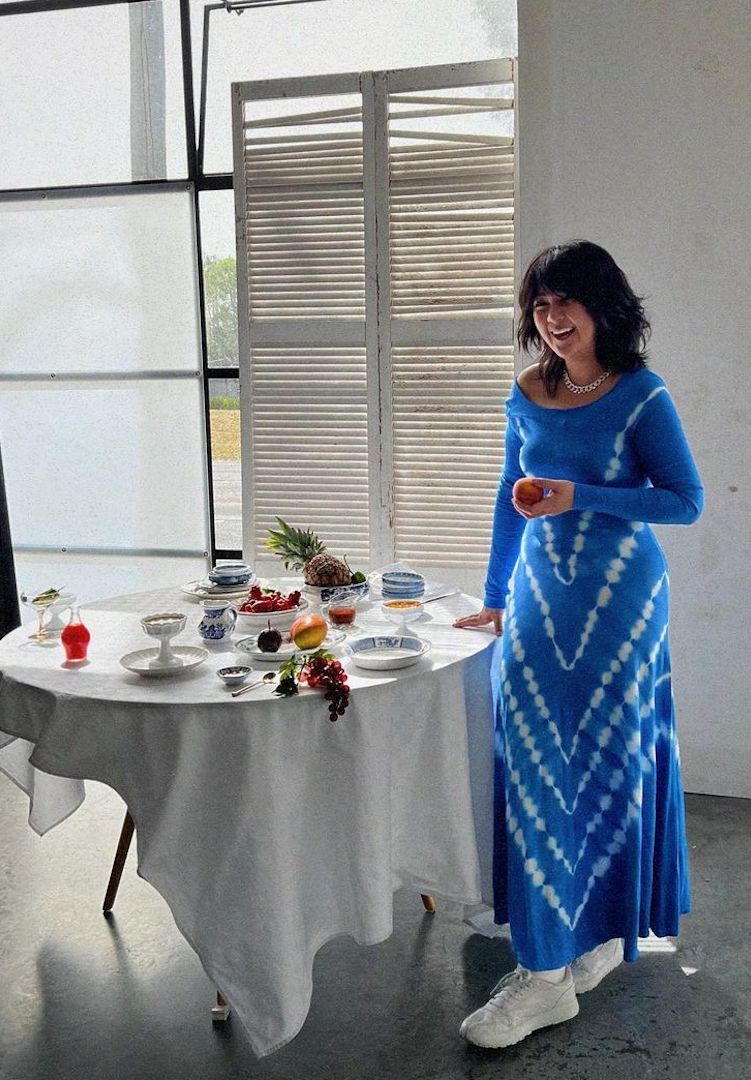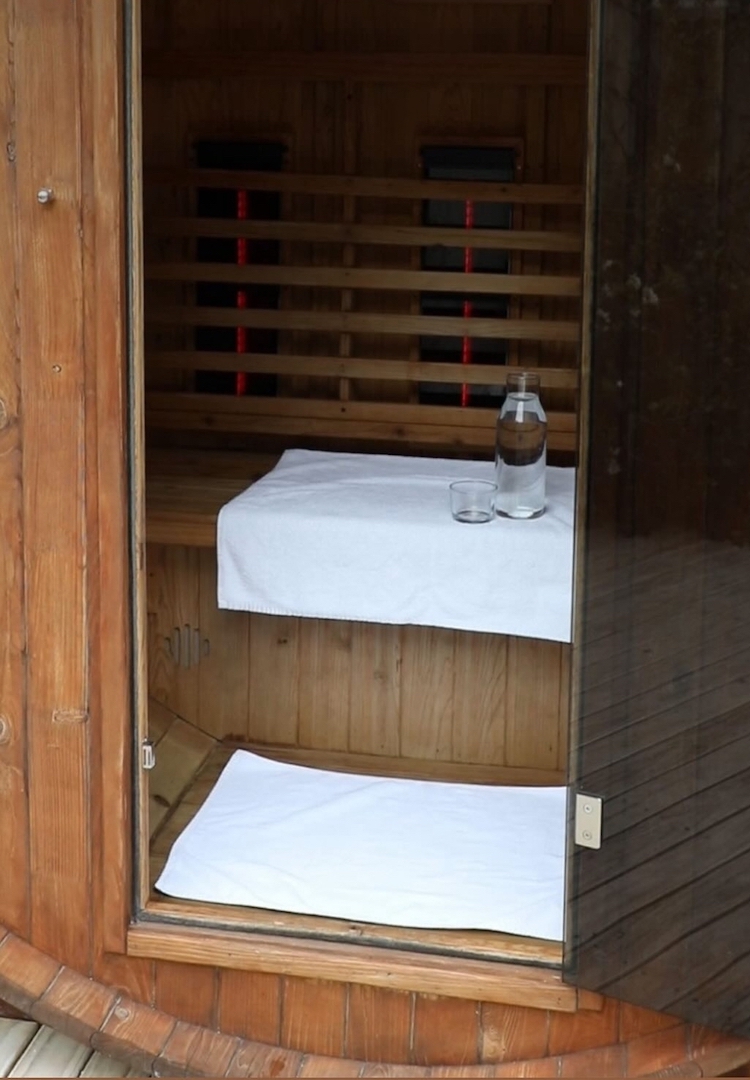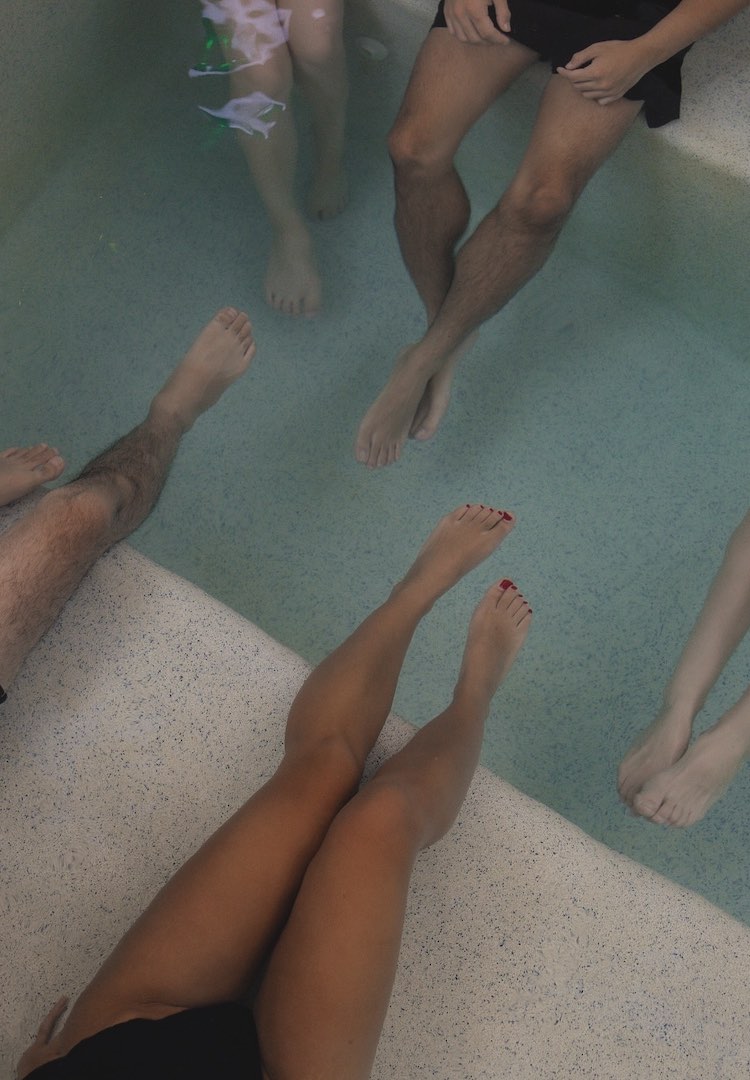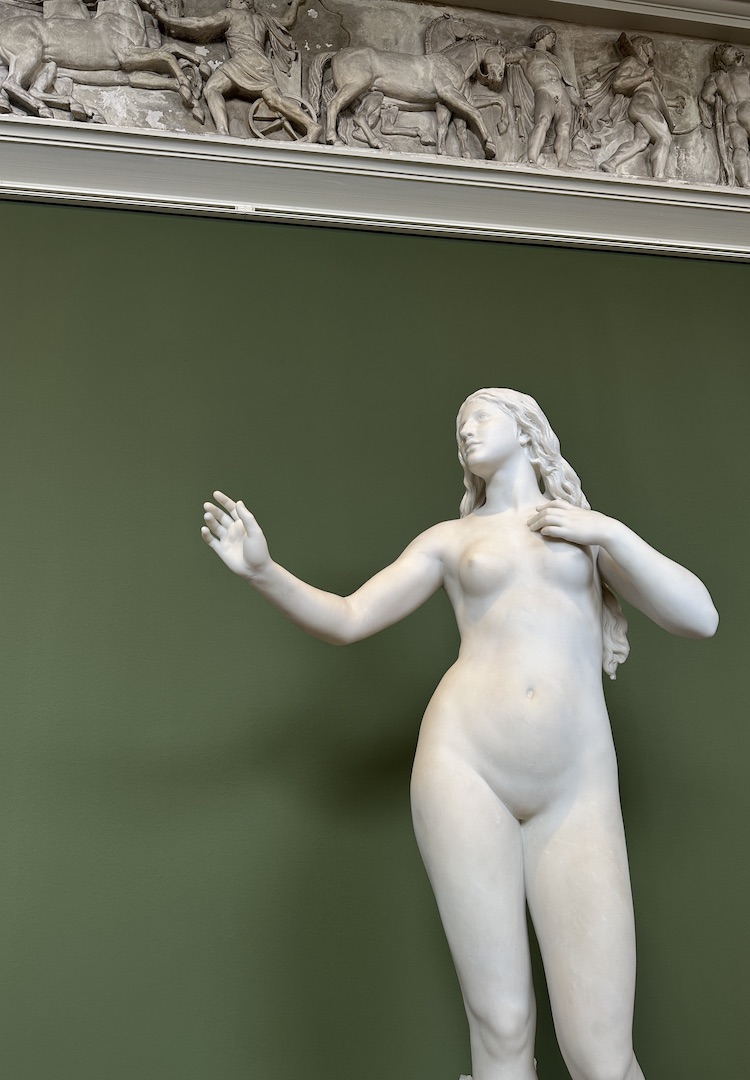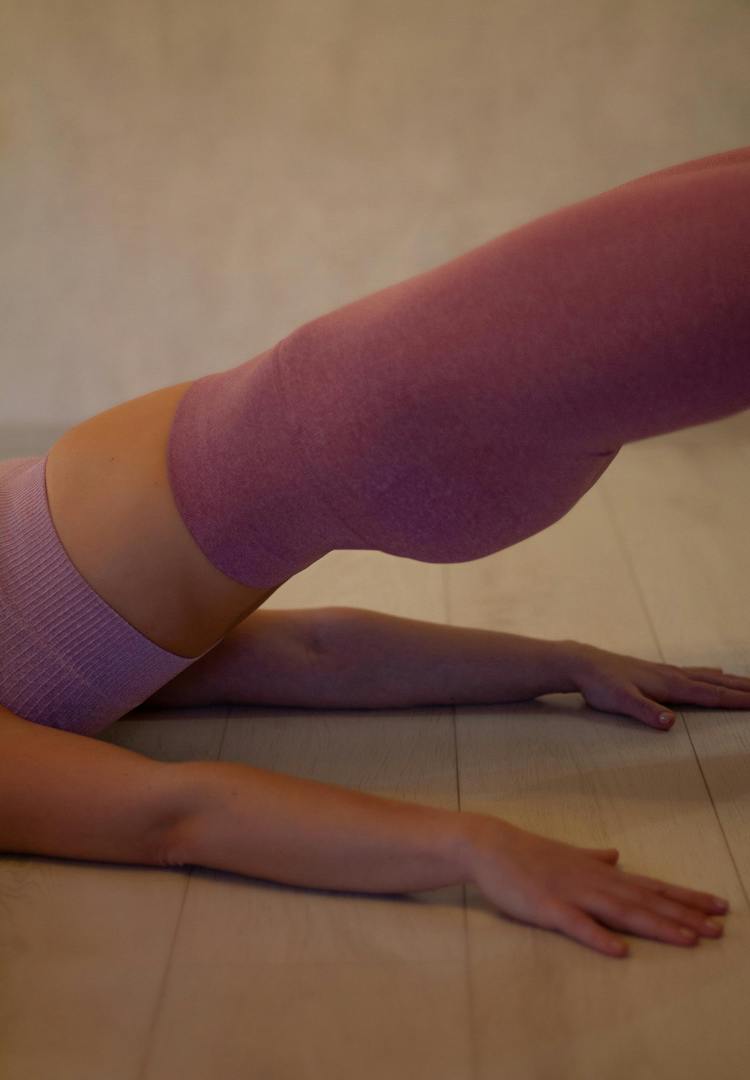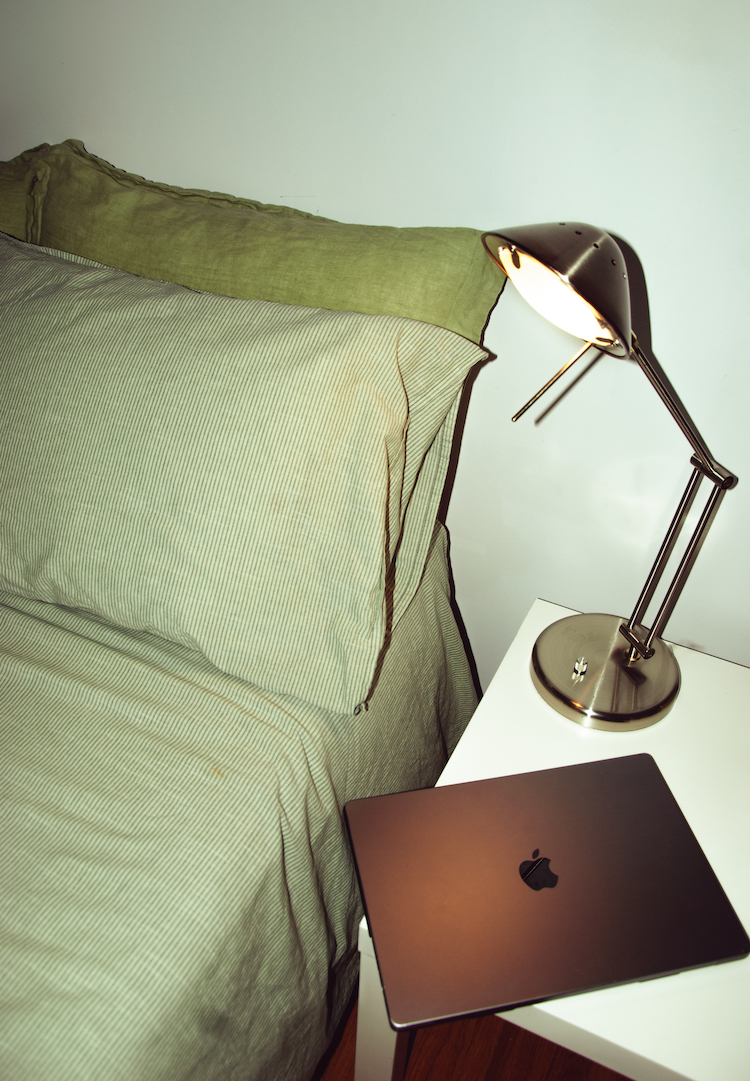How to cut back your alcohol consumption without quitting altogether
WORDS BY GENEVIEVE PHELAN
When you’re not quite sober curious, but have a growing aversion to hangxiety.
I’m not the first 20-something who’s had a long hard look at their alcohol consumption and changed a few things recently. I certainly won’t be the last, either. That’s why this article has no intentions to be revelatory or preachy, but more so comes from a desire to reframe our thinking about drinking habits in our 20s (or any other decade).
From the rise and rise of non-alcoholic beverage brands like Heaps Normal and Non, to a surge in editorial reports on sober curiosity, this lifestyle change has become a clear trend. But my biggest takeaway from vast reading, lived experience and research is that it doesn’t have to be all or nothing.
Looking for more stories on navigating the modern world? Head on over to our Life section.
I’m grappling with the idea of taking small steps to shift bad habits, rather than banishing beverages from our lives. If you want to do the latter, that’s cool, too. I just think a lot of us feel immense pressure to do the occasional ‘fast’ and refrain from having a single sip for an extended period, only to go on a bender upon its dubious completion.
Others might swing from drinking every night over summer to going on a detox in the colder winter months. You see what I mean, right? These trends don’t seem super sustainable, at least not for me. I don’t believe you need to eliminate alcohol entirely to change your relationship with it. This is a really important point that has resonated with me a lot recently as my personal outlook on drinking has shifted.
I attempted Febfast (because didn’t we all) and I technically ‘failed’, but it felt like more of a successful turning point. A week or so in, I realised I love the ritual of making a cocktail with my boyfriend and sitting out on the deck, or buying a special bottle of red from a winery on a weekend away. I decided I’d do the fast from Monday to Friday, and enjoy knockoffs, lunches or couch time vino with people. I definitely got a couple of eye rolls out of telling people that, but it was an interesting lesson for me.
It was cool to see how much more I was getting to nighttime spin classes (United Ride forever), or driving to dinners far from home in lieu of paying $100 on a round-trip in Ubers. I also noticed all the times I was saying “No thanks” when I would’ve normally had a few drinks, and it made me realise how much passive drinking was happening on weeknights. This is extremely exacerbated due to the industry I’m in, and the many beautiful events, meetings and dinners that come with it, soaked in Veuve Cliquot and drinks that look way too good to turn down.
Please don’t get me wrong, I love fancy events and inebriated dancing and great wine. I enjoy the romance, the science and the thoughtful branding on a wine bottle as much as the next aesthetically-driven Melbourne girlie. My boyfriend and I find winery hopping and wine collecting to be some of the best quality time spent together. I wear a Pet Nat Hat from Work Tones as I write this, so please know the irony of this isn’t lost on me.
The pivotal moment in changing my old drinking habits was getting into a committed relationship. I know, crucify me now – I’m the girl who stops being ‘fun’ because she’s coupled up. Kidding… I need to stop entertaining those destructive thoughts. I’m actually just the girl who doesn’t stay out into the early hours of the morning looking for attention, making awful decisions and crying into a KFC Go Bucket the next morning. I realise not everyone is like that, but I was, and it sucked. I’m living by the old ‘nothing good happens after 2AM rule’ right now.
Today, I’m so proud of my relationship with drinking, but it’s still a work in progress and something I’m practising my critical thinking on. What I don’t love (and what sadly leaves me feeling like trash), is excessive drinking on a rogue evening for no worthy occasion or reason. When evenings escalate, they can be some of the most anecdotally brilliant nights of our lives, and I’m all for a silly time with good friends in the name of a worthy cause.
Sometimes a spontaneous spiral will happen and that’s okay, too. But I do certainly feel mentally wrecked from them the next day and this creates a drastic domino effect on my work week, so I’ve grown increasingly wary of them lately. I’ve significantly reduced rogue nights out as a result, and feel like I’m becoming a bit allergic to them.
All your typical Sunday scaries coupled with the pressure of working for myself became too much. I couldn’t just slack off on a Monday unless I want to face double the workload on Tuesday, and I really care about showing up as my best self (cliché but true) for people.
I also love feeling recharged on a Monday morning, after moving my body and making time for seeing Mum and reading and doing cliché weekend things like markets or slow-cooking. I weighed up what made me genuinely fulfilled, healthy and happy, versus the ephemeral euphoria of a ‘wild one’. Being someone that has an autoimmune condition and thus a very impaired immune system, I realised something had to change or I would be in a constant state of burnout. That was the other big ‘a-ha’ moment.
While I think, at least for now, I want those big fun nights to continue (in limited supply), my own issue has been with the regularity of them, and the habitual, reflexive drinking that happens during the week. With this in mind, I thought I’d ask a new friend and very talented writer, Ingrid Kesa, about her approach to sobriety.
I remember Ingrid telling me how beautiful a PR breakfast was at my client Willow Urban Retreat recently, specifically because it wasn’t an evening event where champagne was the ice-breaking norm. I had the exact same feeling on that morning, being surrounded by incredible women and having enriching conversations – that feeling was one of clarity and calmness that left me feeling proud post-event, not anxious.
I think this will benefit a lot of people in seeing that everyday changes (maybe over a period of time) can lead to a better relationship with alcohol. One day, you might even break up! Either or is fine, and completely your prerogative. While I feel a bit lame in waving goodbye to my early 20s, idiotic drunk-girl phase, I have never felt better in my mind, body and bank account than cooling things off with me and Mr Martini.
What’s your relationship with alcohol today?
We’re no longer in a relationship and we consciously uncoupled over five years ago!
Can you tell me a bit about what led you to make a shift in your alcohol consumption?
I stopped drinking around the age of 28. I think that leading up to your 30s, it’s natural to evaluate your life’s trajectory and release what’s no longer serving you. For me, alcohol was one of those things. I’d spent my 20s working in the hard-and-fast world of fashion, magazines and media. Alcohol played such a big role in this, from launch parties to press events to office drinks, it was always, always there.
View this post on Instagram
The lifestyle wasn’t sustainable and it was no longer bringing me joy. Between pulling all-nighters and spending weekends curled up on the couch, I didn’t have the space to cultivate and nurture the things that genuinely filled my cup. You reach a point where you have this beautiful opportunity to make a decision about the person you want to be, to become, and alcohol was not part of that vision for me.
For someone cutting back on drinking in their mid-20s, what would be your biggest tips on sustainably lowering weekly alcohol consumption?
Cutting it out completely isn’t for everyone; you have to do what is best and most sustainable for you in the long run. A black-and-white approach isn’t always right, as it can kind of be a self-perpetuating cycle if you ‘break’ rules you arbitrarily impose on yourself, you know?
You could try limiting yourself just to alcohol on Friday and Saturday nights so that your weeknights are times for rest and relaxation. It’s important to still go out and see your friends, [and] to do the things you would ordinarily want to do. Cutting down on alcohol doesn’t mean you have to become socially cloistered.
Do you ever still find it awkward, uncomfy, or hard to say ‘no’?
No, I don’t! I feel like it’s so much more common now for people to not drink or to drink less, even than it was five years ago when I first stopped.
I still feel like I’m ‘letting the team down’ if I want to leave early or catch up for different activities than silly-level drinking. How can I prioritise these decisions without feeling lame or ‘boring’?
Remember that the pay-off the next day, and in the long run, will be worth it for any fleeting feelings of guilt, etc. The friends encouraging you to stay out are already probably a bit tipsy themselves too, so in the morning all will be forgotten and forgiven.
There’s a growing perception that it’s becoming ‘trendier’ to be sober curious or sober. Have you noticed that, and how does it make you feel?
Like an early adopter. No, jokes aside, I think it’s a really positive thing. I feel like alcohol is toxically woven into Australian culture and it’s about time we untangled it and re-negotiated this chokehold that alcohol seems to have on us as a nation. I’m so happy there are really sophisticated non-alcoholic options available now, at any top restaurant you can get a glass of Non or Seedlip cocktail.
Even these small things go to great lengths in removing the stigma around not drinking. Although I can only speak from my experience as a woman; I do think it’s different for men and I feel like they face much more societal judgement/pressure when choosing to abstain from drinking, which is both sad and damaging.
I noticed a while ago that I was viscerally hating myself after unnecessary ‘big nights out’, and that was an alarm bell. What do you think some of the joys, best bits, or benefits are when choosing to pare back drinking?
Honestly, everything. I know I could have a few glasses of wine and be fine, but I just don’t want to. It’s not something I feel like I am ‘missing’ from my life. I love experiencing life’s highs and lows sober and without the watercolour-like layer alcohol can paint over situations. To experience happiness and pain with such clarity is what it means to be human!
If you or someone you know is struggling with their mental health, eating disorders or addiction, you can contact the following:
Lifeline 13 11 14
Alcoholics Anonymous 1300 222 222
Narcotics Anonymous 1300 652 820
Genevieve Phelan is Fashion Journal’s Lifestyle & Careers Columnist. Her writing fuses introspection with investigation, calling on her own personal anecdotes and the advice of admired experts in the realms of intimacy, money, friendship, careers and love. You can find her here and here.

